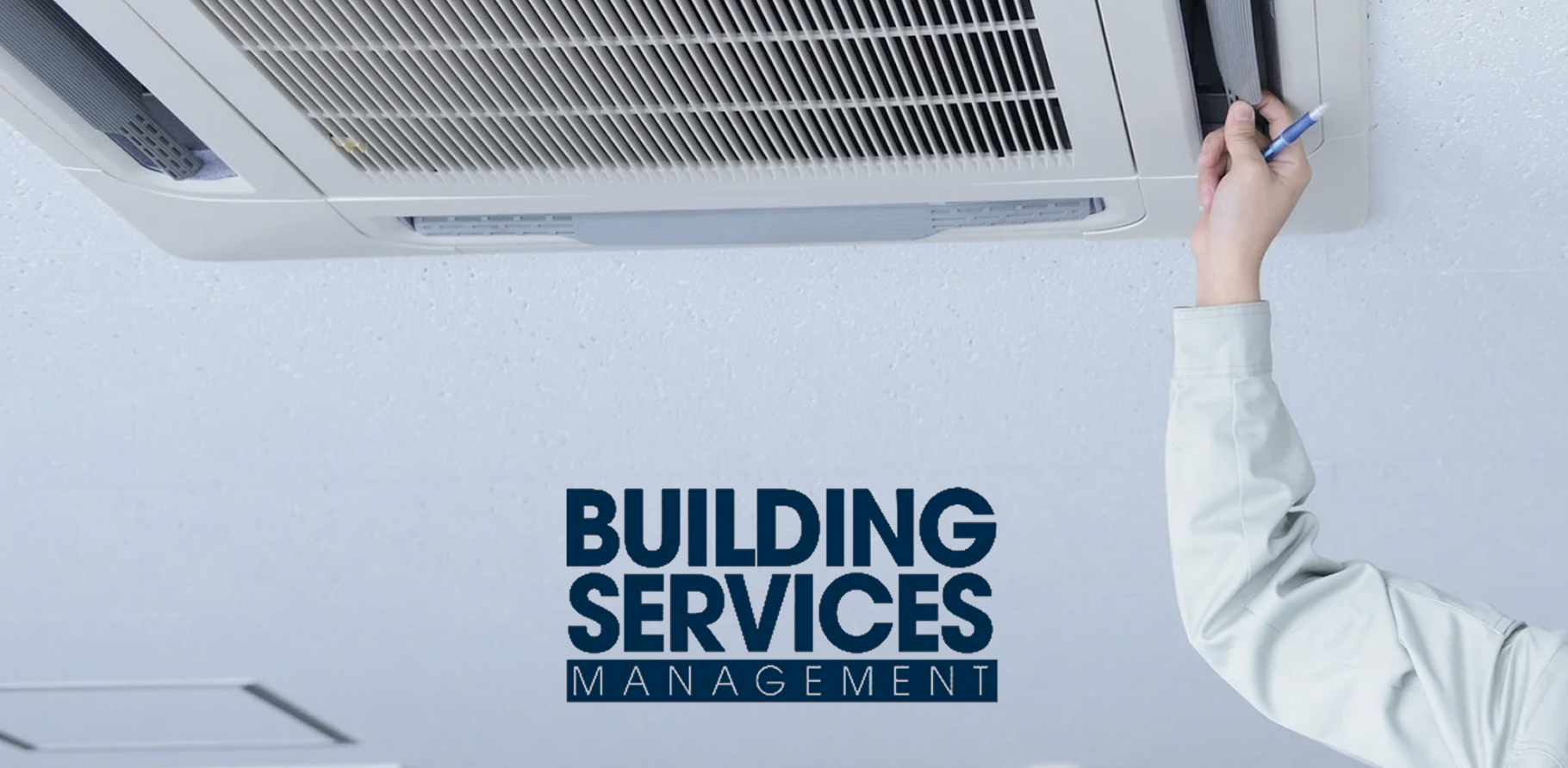Navigating Indemnification for Monitoring Companies
Understand indemnification for monitoring companies and why insurance companies prefer ProSentry’s risk mitigation service.
Understand indemnification for monitoring companies and why insurance companies prefer ProSentry’s risk mitigation service.
John Rusk, Co-Founder and President of ProSentry, is fond of telling its origin story. After spending the last 38 years working in condos and co-ops in New York City - and seeing (and fixing) the damage done by absent neighbors’ leaks - he experienced a water leak at his upstate house while he was not there. His alarm system, unfortunately, did not catch it. When he spoke to the alarm company to request their insurance, he was told he had indemnified them against loss, even for negligence.
To keep premiums down, it is standard procedure for alarm companies to decline to guarantee their devices will work in an emergency, and insurance companies regularly accept this.
While alarms typically work and operators aren’t negligent, if alarm companies accepted responsibility for the losses they failed to catch, the premiums would be too expensive for homeowners and the systems simply wouldn’t be installed, putting the insurance companies in a worse position.
It is in the insurer’s best interest for their clients to install monitored alarms even if they sometimes fail. While the insurer may not welcome publicly an alarm company’s requirements that the insured indemnifies them against loss and negligence; they will likely confirm that the contract is “acceptable.”
Attorneys reviewing vendor contracts for buildings will certainly require indemnification by the vendor towards the building; alarm services can’t provide that, and buildings regularly accept that. Please note that ProSentry does not provide installation and either the building staff installs or devices are installed by a third-party installer who would have insurance to cover the act of installation.
Some Condominium and Co-operative attorneys have extended this indemnification to their own staff with indemnification agreements with shareholders to indemnify the building and its staff if their own response to an alert is faulty. Others have chosen to make alerts directly to shareholders with secondary, courtesy alerts to the building.
In any event, the resident’s insurer will welcome an alert system, often provide discounts, and will typically insure the tenant, despite failure or negligence on the part of the building’s response or the alarm.
While it may seem counter-intuitive, allowing the insurer to back stop the occasional failures of the alarm system allows the implementation of low-cost monitoring that will effectively catch most leaks before they are a major problem, improving the loss run for the building.


John Rusk, Co-Founder and President of ProSentry, is fond of telling its origin story. After spending the last 38 years working in condos and co-ops in New York City - and seeing (and fixing) the damage done by absent neighbors’ leaks - he experienced a water leak at his upstate house while he was not there. His alarm system, unfortunately, did not catch it. When he spoke to the alarm company to request their insurance, he was told he had indemnified them against loss, even for negligence.
To keep premiums down, it is standard procedure for alarm companies to decline to guarantee their devices will work in an emergency, and insurance companies regularly accept this.
While alarms typically work and operators aren’t negligent, if alarm companies accepted responsibility for the losses they failed to catch, the premiums would be too expensive for homeowners and the systems simply wouldn’t be installed, putting the insurance companies in a worse position.
It is in the insurer’s best interest for their clients to install monitored alarms even if they sometimes fail. While the insurer may not welcome publicly an alarm company’s requirements that the insured indemnifies them against loss and negligence; they will likely confirm that the contract is “acceptable.”
Attorneys reviewing vendor contracts for buildings will certainly require indemnification by the vendor towards the building; alarm services can’t provide that, and buildings regularly accept that. Please note that ProSentry does not provide installation and either the building staff installs or devices are installed by a third-party installer who would have insurance to cover the act of installation.
Some Condominium and Co-operative attorneys have extended this indemnification to their own staff with indemnification agreements with shareholders to indemnify the building and its staff if their own response to an alert is faulty. Others have chosen to make alerts directly to shareholders with secondary, courtesy alerts to the building.
In any event, the resident’s insurer will welcome an alert system, often provide discounts, and will typically insure the tenant, despite failure or negligence on the part of the building’s response or the alarm.
While it may seem counter-intuitive, allowing the insurer to back stop the occasional failures of the alarm system allows the implementation of low-cost monitoring that will effectively catch most leaks before they are a major problem, improving the loss run for the building.
Insights, innovations and updates from the ProSentry Knowledge Base
.jpg)
How one Northeast condo saved $100,000 in insurance and prevented several leaks using ProSentry’s smart monitoring system.

Water damage incidents, gas leaks, and mechanical failures share a common trait: they often announce themselves outside of business hours. In many buildings, detection systems for these risks may not exist, or if they do, they may be spread across separate platforms that don't communicate with each other.
.jpg)
How one Northeast condo saved $100,000 in insurance and prevented several leaks using ProSentry’s smart monitoring system.
Explore the Knowledge Base